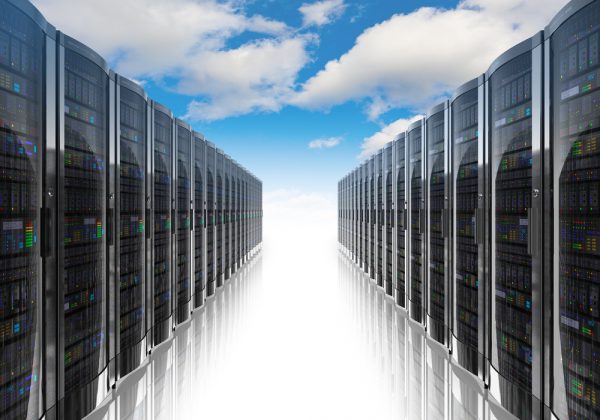What cloud transformation means for your legacy systems

With Salesforce purchasing Slack for $27.7 billion and Microsoft Teams reporting over 115 million daily users, the market for collaboration tools is proving that they are here to stay. With the ubiquity of remote work, companies are reliant on sharing data outside of the traditional, on-premises network to reach employees in their homes. Accordingly, for organizations to optimize their communication platforms’ utility, data policies should allow remote access to files. Consequently, lots of organizations have been forced into accelerating their cloud adoption to meet the needs of their remote workforce, leaving the question: what is to become of legacy systems?
While there is a lot of thought being given to new cloud initiatives, this narrow focus can sometimes let legacy data and systems fall by the wayside. Data regulations do not only pertain to the storage of new information, but they also mandate the proper storage of data from recent years past. Consequently, while it is critical during cloud transition to consider how to defensibly govern data remotely, consideration must also be given to how to scrub, remove, change, delete, and recall data in legacy systems as well. If you cannot access user records, personal data, corporate regulatory data, and legal requirements, then simply storing it is pointless as it fails to meet the demands of regulators. As we have recently seen from the EU’s General Data Protection Regulation and the California Consumer Privacy Act, any customer may request that an organization produce their stored personal data, and not meeting these requests can cost millions.
Having assessed that old data is, in fact, quite important, there remains the question, what to do with it? Typically, when enterprises near the renewal date for on-premises hardware or are at the end of a private data center contract, they ask themselves if they want to actively continue investing in on-premises solutions or migrate to the cloud. While some organizations pioneer and move headfirst, taking their entire operations to the cloud, in most cases -- especially for those with large on-premises footprints -- companies are looking for a gradual approach. This is one of the reasons why most organizations start with a hybrid deployment, allowing them to continue accessing their old data on their on-premises legacy systems while taking advantage of the cloud for incoming data.
Starting with a hybrid approach, organizations can slowly transition into a cloud-native solution either through passive sunsetting or active migration. As old data ages out of regulation requirements, organizations can safely sunset their servers without fear of non-compliance penalty. For organizations that want to be fully transitioned sooner, there are safe ways of transferring on-premises data to the cloud. That said, the act of cleaning and reformatting old data from legacy systems can be challenging for individual IT departments, which is why there is a strong market for vendors who specialize in cloud transformation and overall governance strategies to assist organizations in their migration. For those who venture to do it themselves, they will need a strong understanding of what information they have stored so they can select only the data relevant for migration. Both sunsetting and data migration require time and patience to ensure that no important or sensitive information is left behind.
Humans are prone to wanting sweeping changes; however, much like many individuals’ New Year’s Resolutions, they end up falling short because they ask for too much too soon. Just as Confucious says, "The man who moves a mountain begins by carrying away small stones," organizations can move to the cloud by incrementally building a system capable of holding the weight of all their data. Until then, legacy systems have their place and can continue serving as the bedrock for dated information storage.
Image credit: Oleksiy Mark / Shutterstock

Matthew Adams is a senior cloud architect at ZL Tech, a leading technology provider for information governance. See here for the ZL Tech LinkedIn and Twitter
